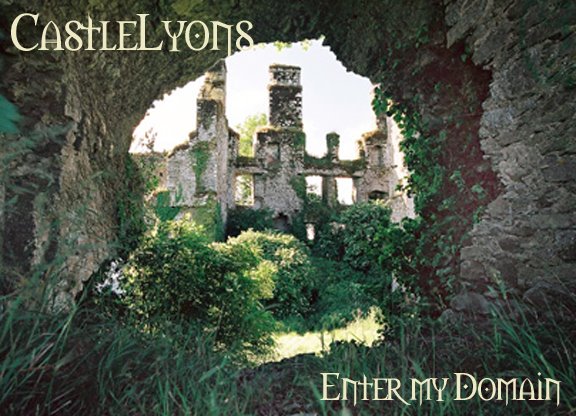Myth, as Tolkien understood it, was more about reality than is journalism. Both Tolkien and C.S. Lewis believed that a regular reading of The London Times would make a person lose sight of reality. They believed that if one would truly understand reality, he should first understand myth.
Christ
One of the biggest arguments against the idea that Christian truths are inherent in The Lord of the Rings is the fact that there is no central Christ figure, nor a central God figure. Yet Tolkien himself said, "Of course God is present in the stories. He the one who is always present and never named."
Tolkien did include many symbolisms of the Persons of the Trinity. The best picture of Christ can be found in three central characters: Gandalf, Frodo, and Aragorn. Each of these characters embodies one part of the threefold nature of Christ: prophet, priest, and king.

As prophet, Gandalf helps the others understand the path they must walk. He guides people, he sees things that others do not, and he acts as a servant to the people. His greatest virtue is pity; his greatest act is self-sacrifice.
"I will raise up for them a prophet like you from
among their brothers; I will put my words in his mouth, and he will tell them everything I command him. If anyone does not listen to my words that the prophet speaks in my name, I myself will call him to account." (Deuteronomy 18:18-19)

As priest, Frodo is the image of the suffering servant. Out of his love for the Shire (representing Christ’s love for the world), he carries a burden to the heart of hell. As Jesus carried our sins to the cross, so Frodo carries the Ring—the embodiment of sin—to its destruction.
Every high priest is selected from among men and is appointed to represent them in matters related to God, to offer gifts and sacrifices for sins. (Hebrews 5:1)
Only the high priest entered the inner room, and that only once a year, and never without blood, wich he offered for himself and for the sins the people had committed in ignorance.
(Hebrews 9:7)

As king, Aragorn is a strong Christ motif. He had the kingly pedigree, as did Christ. He embarks on a quest to win Arwen’s hand, as Christ’s goal was to win the Church as His bride. He is a healer—only in the coming of Aragorn does any hope exist for the healing of Faramir, Eöwyn, and the entire city after the final battle. His greatest virtue is humility, which is most apparent when he is about to be crowned. He gives his crown back to Faramir to give to Frodo to give to Gandalf to place on his head, thus giving glory to those who helped him.
"Blessed is the king who comes in the name of the Lord! Peace in heaven and glory in the highest!" (Luke 19:38)
Sin

The Ring is the embodiment of evil. Elrond says as much at the council in Rivendell: "We cannot use the Ring … it is altogether evil."
Tolkien took the concept that sin is destructive and displayed this in the effects that the Ring has on the one who carries it. Over time, the Ring had totally corrupted Smeagol (Gollum). Its power gradually overcomes Frodo, who nearly succumbs to destruction at the very end.
In Tolkien’s mind, there is no way to use a tool of the enemy without ultimately becoming like the enemy. That is why characters like Aragorn and Galadriel would not dare to take the Ring from Frodo. They knew the Ring’s power would corrupt them. As Tolkien once said, "Any use of the devices of the enemy, even for good ends, is the idea of the Ring."
Don’t you know that when you offer yourselves to someone to obey him as slaves, you are slaves to the one whom you obey—whether you are slaves to sin, which leads to death, or to obedience, which leads to righteousness? (Romans 6:16)The True Hero
For sin, seizing the opportunity afforded by the commandment, deceived me, and through the commandment put me to death. (Romans 7:11)

To me, Sam is the true hero of the story. His role is like that of the beloved disciple, and yet he can also be seen as another Christ figure. When Frodo can go no further, Sam takes Frodo upon his own shoulders and carries him the last steps of their quest. The weaker Frodo becomes, the stronger Sam becomes.
But God chose the foolish things of the world to shame the wise; God chose the weak things of the world to shame the strong. (1 Corinthians 1:27)
That is why, for Christ’s sake, I delight in weaknesses, in insults, in hardships, in persecutions, in difficulties. For when I am weak, then I am strong. (2 Corinthians 12:10)Scripture taken from the HOLY BIBLE, NEW INTERNATIONAL VERSION ¨. NIV¨. COPYRIGHT © 1973, 1978, 1984 by International Bible Society¨. Used by permission. All rights reserved worldwide.










